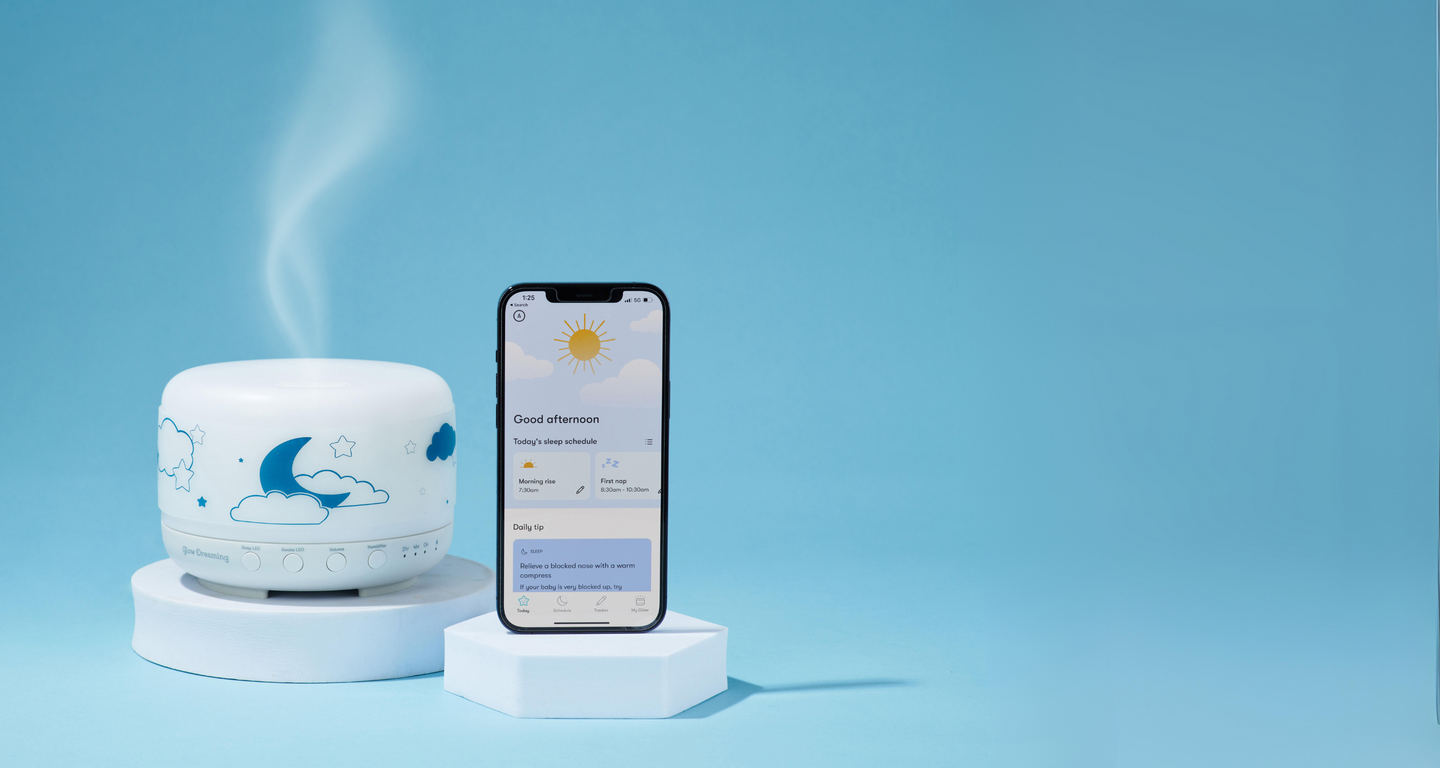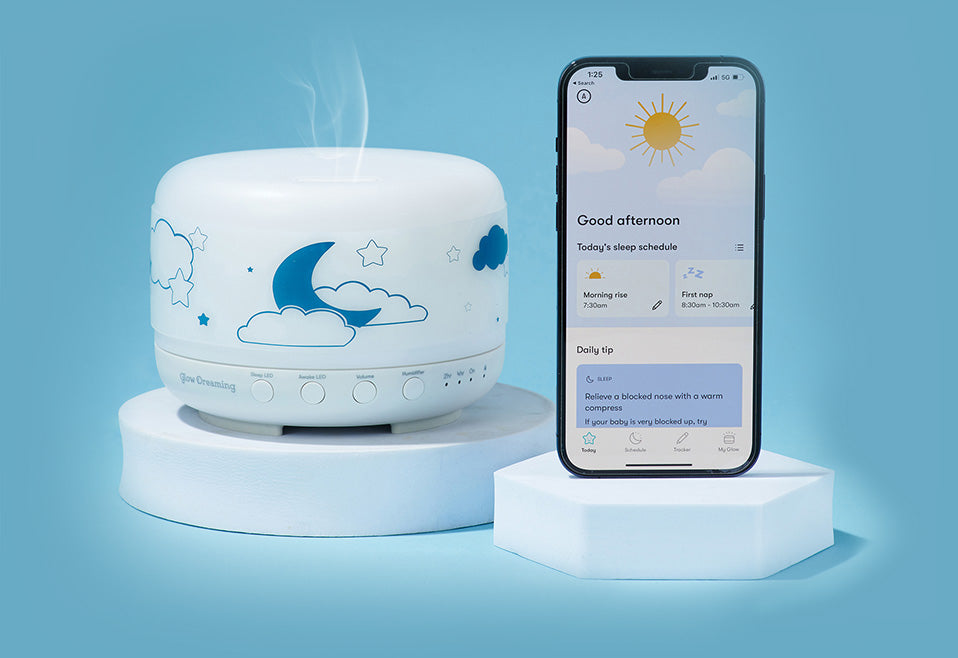Blog Written By: Heidi Skudder one of the UK’s leading early years parent coaches.
Sleep can be confusing and overwhelming at times, especially with the ever-increasing amount of parenting information shared on social media. New parents find it harder than ever to tune into their gut instincts on sleep and work out what works best for their family, rather than what everyone else is telling them to do. We want to help you along the way to making sleep easier for you and your family, by doing it in a way that feels good. No pressure to do things a certain way and certainly no crying it out… Here are some of my favourite tried and tested ways of aiding sleep which look at creating a calm environment.
Optimising Your Baby's Sleep Environment: A Guide to Temperature and Light Adjustment
We always want to look at a little one’s sleep environment first. This is because sometimes the smallest tweak to light levels, or even temperature can have a massive impact on how easily they sleep, but also how often they wake up – particularly in the early hours of the morning when they body’s hormones are starting to wake us up for the day. As our cortisol increases from 4/5am onwards, melatonin drops off which makes it much harder to stay asleep if the environment is not quite right.
The recommended temperature for a baby’s room is between 16-21 degrees. As a first-time parent it can sometimes be hard to work out what to dress your little one in, or even know what the temperature is. This is why I love the Perfect Sleep Sensor so much, it shows everything you need to know from temperature to humidity as well as a recommendation on what TOG sleep sack to put baby in.

Beyond the Cradle: The Impact of Tummy and Gut Health on Your Baby's Sleep
So much of your baby’s sleep will be linked to their environment and setting up consistent routines and cues around sleep. That said though, there is one massively underrated cause of difficult sleep that rarely gets spoken about and that includes your baby’s tummy and gut health. As an adult, you’ll be very aware that your sleep can be impacted on days where you eat too much close to bedtime, feel bloated, or suffer from wind and your baby is no different. Ensuring that you wind your baby during and after their feeds, as well as practice lots of tummy time can be a great way of ensuring that their sleep is as good as it can be! We can also look at building their gut health by adding in lots of friendly bacteria, for example with the use of probiotics. At Positively Parenthood, we like to think outside of the lines when it comes to baby sleep. There is no one size fits all approach and we look at each and every baby’s health holistically, to get a real sense of what might be going on for baby.

With my extensive experience and hands on experience working with parents, I know full well how difficult it can be when you have a baby who is not sleeping. Sleep really does impact your ability to function as a parent, as well as your mental health and overall enjoyment of parenting too.
Rest assured that sleep is possible for every baby, and if you are struggling to work out the root cause of your little ones broken sleep and difficult nights, try some of these to see if they help move things in the right direction.


